Are you in the right shop?
Make sure that the place of delivery and the language correspond to your region. Otherwise, change your selection:
Dietary supplements (NEM) supplement the daily diet with vitamins, minerals, trace elements, valuable amino acids, high-quality fatty acids and other secondary plant substances. In creation there is a variety of plants whose components and ingredients serve to maintain good health. We make these substances accessible for you. 100% natural and in the best formulation. A healthy, balanced, preferably seasonal and organic diet remains an indispensable basis. Food supplements contain micronutrients such as vitamins, minerals, secondary plant substances, etc., in the most concentrated and easily digestible form possible, which support the body in its important functions.
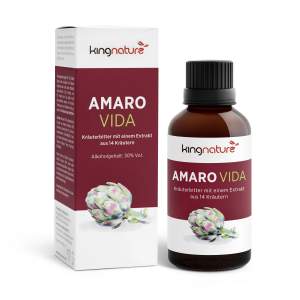
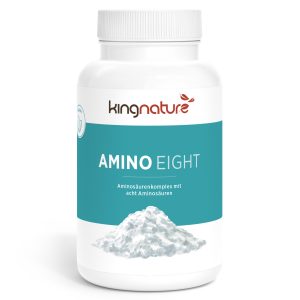
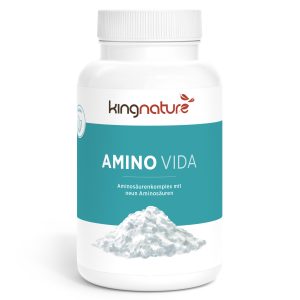
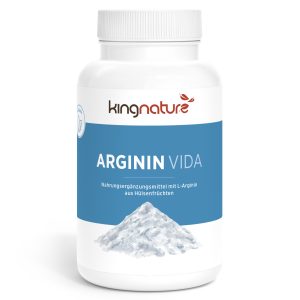
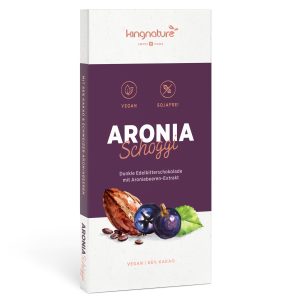
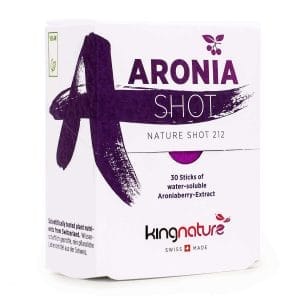
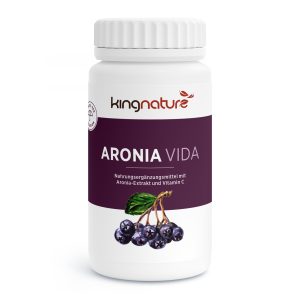
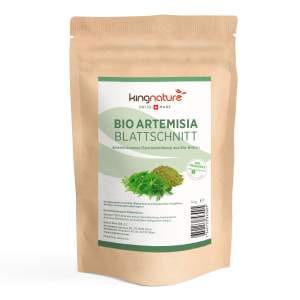
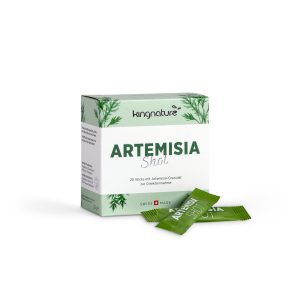
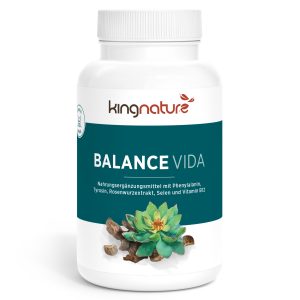
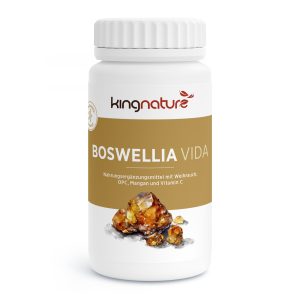
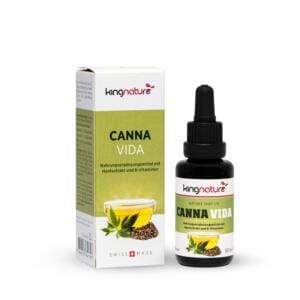
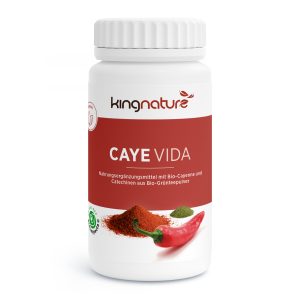
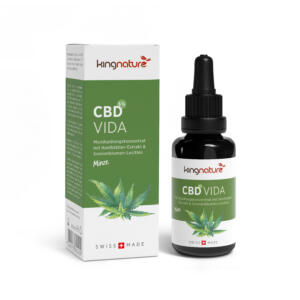
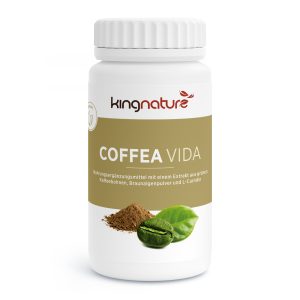

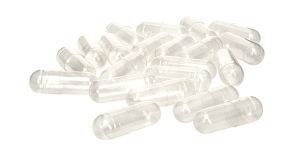
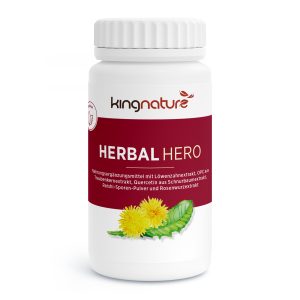
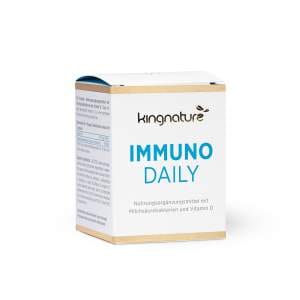
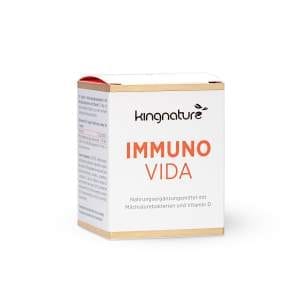
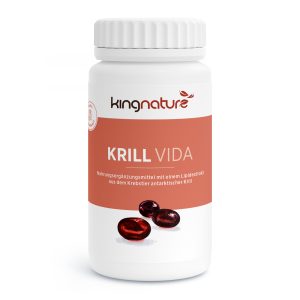
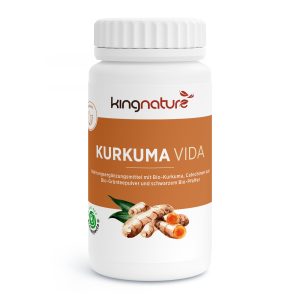
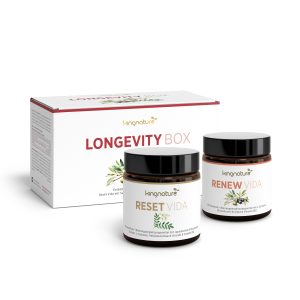
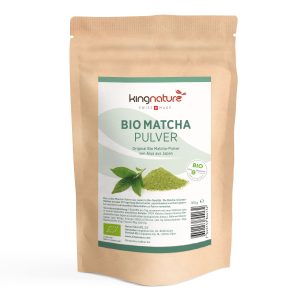

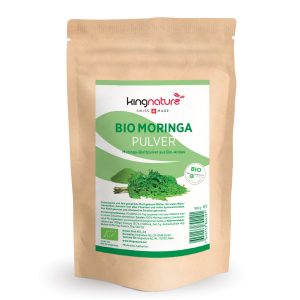
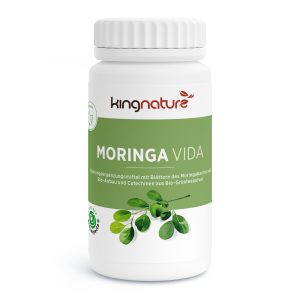
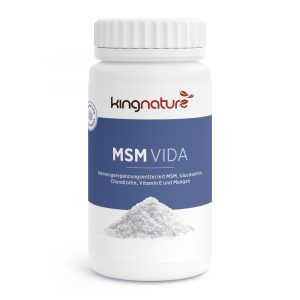
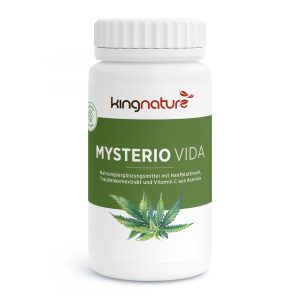
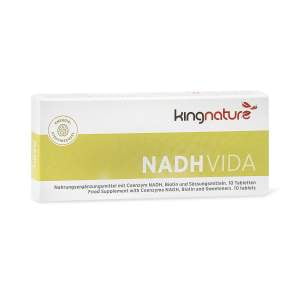

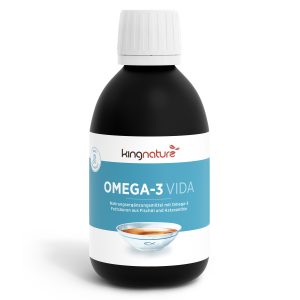

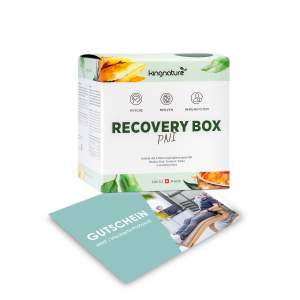
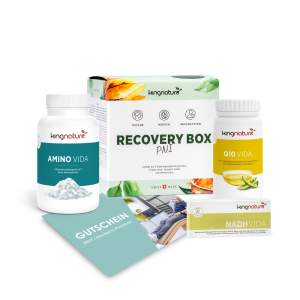
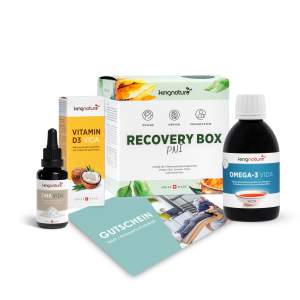
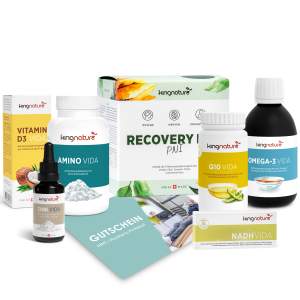
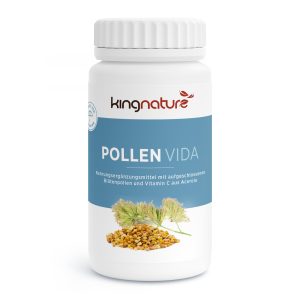
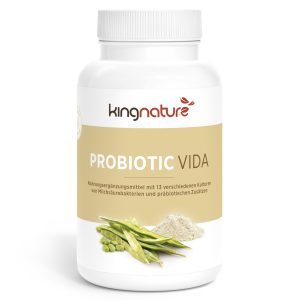
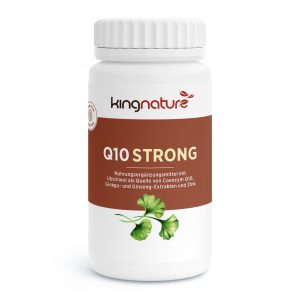
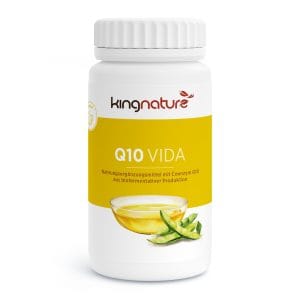
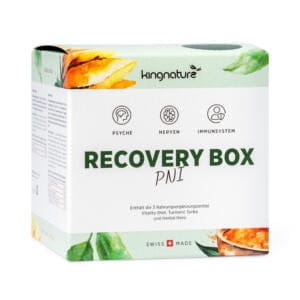
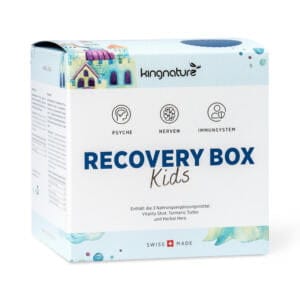


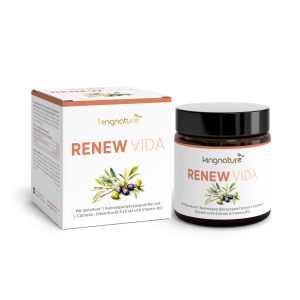
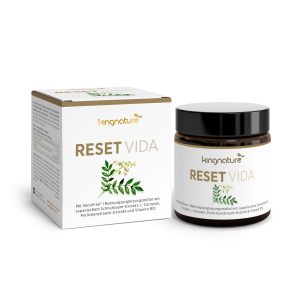
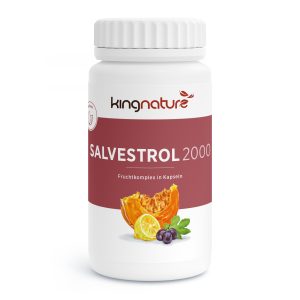
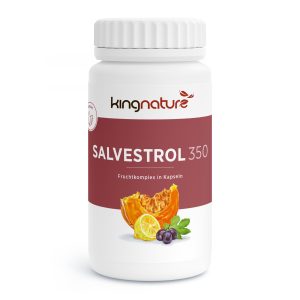
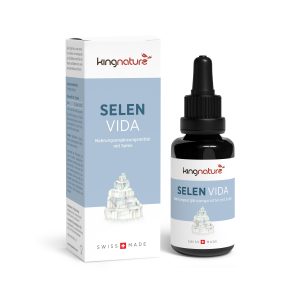
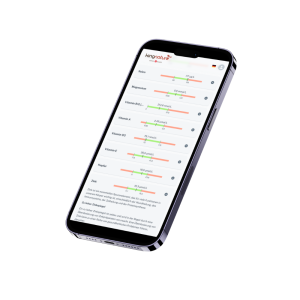
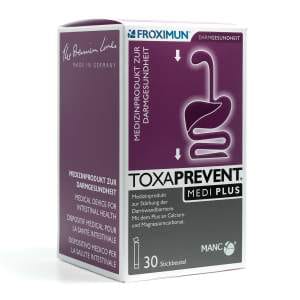
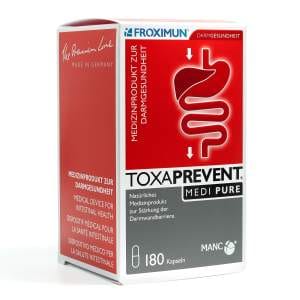
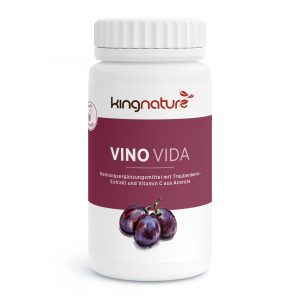

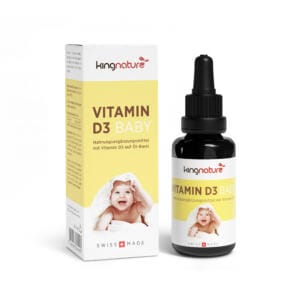
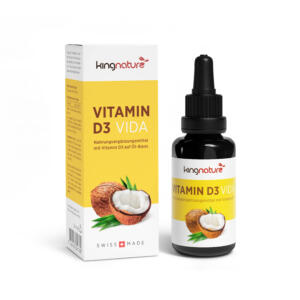


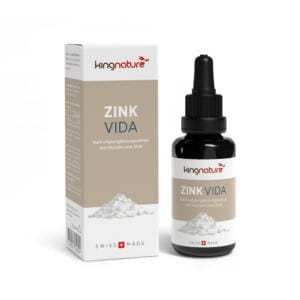
Dietary supplements are products that contain important nutrients such as minerals and vitamins. They contain exclusively such substances that also occur in natural foods or in your own body – but in a concentrated and usually untypical form for food. Thus, dietary supplements often contain a higher dose than the dose that would or could be taken daily through food. Moreover, these products are usually taken in pill form, as capsules or through drinking ampoules. Powders and effervescent tablets dissolved in liquids are also typical forms for supplement products. They may have animal, plant, or synthetically produced ingredients, such as fish oil, garlic powder, or vitamins.
Unlike medicines, nutritional supplements are not considered cures for specific diseases. While their valuable ingredients can support natural health and regeneration, they may not be sold or marketed as cures. Dietary supplements are over-the-counter, which means they do not require a doctor’s prescription to obtain. They can be found not only in pharmacies, but also in drugstores, grocery stores and health food stores. Unlike pharmaceuticals, dietary supplements also cannot legally have undesirable side effects (aside from unavoidable potential complications, such as allergies). The products must always come with a note stating that their intake cannot replace a balanced diet. In addition, they must be explicitly labeled as dietary supplements, as well as include a list of ingredients and a recommendation for consumption.
Dietary supplement products are rich in good ingredients. As a rule, they are intended to strengthen natural health, support a healing process or improve physical functions. They are mostly taken when an undersupply of the appropriate ingredients is detected. They contain, for example, vitamins such as vitamin D3 (necessary for many people in winter), omega-3 fatty acids, minerals and trace elements (such as iron, zinc and magnesium), coenzymes, amino acids, provitamins (vitamin precursors, for example beta-carotene), protein components (such as L-carnitine), carbohydrates and fiber (such as oligofructose), brewer’s yeast, algae and probiotic cultures. Taking them can cause the body to absorb a higher dose of these ingredients than it could get naturally. Often, therefore, dietary supplements are taken as cures only in phases. In some cases, they are also used to replenish empty stores (for example, in the case of vitamin or iron deficiency). Dietary supplements can also accompany certain diets (such as a vegan diet) or phases of life (such as pregnancy). In (alternative) medical and naturopathic treatment, such products are often used as an adjunct. Some physicians also recommend dietary supplements for certain complaints that could be due to a deficiency (such as hair loss, mood lows, brittle nails, fatigue, etc.).
Nowadays, there are a variety of different supplements. Some of them include pure products (for example, only vitamin D3 or algae extracts), others whole blends (such as blends for strong hair or pregnancy supplements). In the online store you will find several subcategories that sort the remedies accordingly: Amino Acids, Vitamins, Probiotics, Coenzymes, Minerals, Clinoptilolites, Plant Extracts, Aronia, Omega-3, Immune System Products, and many more. Just browse through the products on “dietary supplements” and if you are interested in a remedy, click on the product. You will get more information about the ingredients and other details and then you can order.
Make sure that the place of delivery and the language correspond to your region. Otherwise, change your selection: